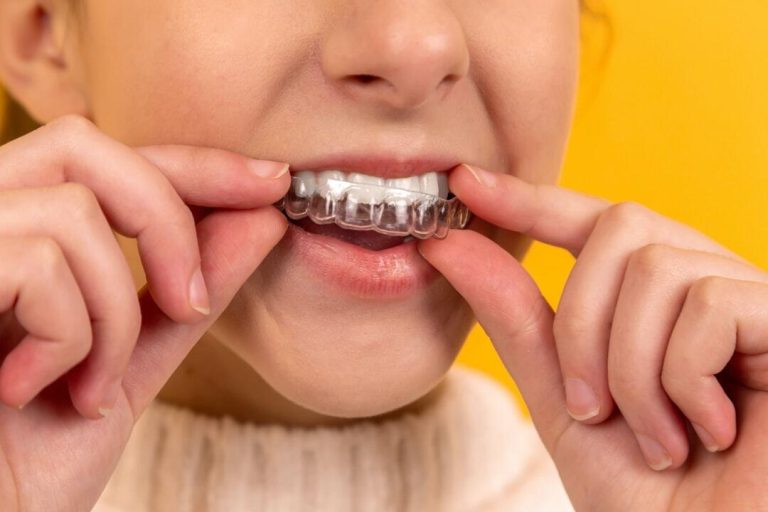The world of baby formula has come a long way since its inception, with European manufacturers leading the charge in innovation and quality. Today, parents are more conscious than ever about what goes into their babies’ bodies and seek products that align with their values and expectations. In this article, we will explore the exciting innovations and trends shaping the future of European baby formula.
Table of Contents
Current Trends in European Baby Formula
In the heart of Europe, parents are increasingly choosing baby formula options that prioritize health and well-being. Gone are the days of one-size-fits-all formulas. Modern parents are leaning towards organic, non-GMO, and allergen-free choices, and this trend shows no signs of slowing down.
Innovations in Baby Formula Ingredients
The ingredients are one of the most significant innovations in organic baby formula. Probiotics, prebiotics, and essential fatty acids like DHA are becoming staples. These advancements are not just marketing gimmicks; they offer tangible benefits for infant health and development.
Sustainable Packaging and Eco-Friendly Initiatives
European consumers are also concerned about the environment. Sustainable packaging and eco-friendly practices are gaining traction in the baby formula industry. Companies are increasingly adopting recyclable materials and reducing their carbon footprint.
Personalization and Customization
Personalization is a buzzword in many industries, and baby formula is no exception. Technological advancements allow for tailored solutions based on a baby’s specific needs and dietary requirements. This innovation empowers parents to make the best choices for their little ones.
Regulatory Changes and Safety Standards
European regulations regarding baby formula are evolving to ensure safety and quality. This impacts how companies develop and market their products, ultimately benefiting consumers.
Marketing and Consumer Education
In an information age, marketing is crucial in introducing consumers to innovative baby formulas. Transparent and informative communication is key to building trust with parents.
The Role of Artificial Intelligence (AI)
Artificial intelligence is making its mark on the baby formula industry, streamlining research and development processes, and enhancing safety measures.
Convenience and On-the-Go Options
Busy parents are seeking convenience in baby formula products. Portable and easy-to-use solutions are gaining popularity, making life easier for on-the-go families.
Emerging Brands and Competition
A few big players no longer dominate European baby formula. Emerging brands like Holle Organic Formula are introducing fresh perspectives and driving competition, ultimately benefiting consumers.
Parental Concerns and Feedback
Understanding and addressing parental concerns is crucial. Listening to customer feedback helps companies refine their products and services.
Future Predictions and Forecasts
The future of European baby formula is promising, with continued growth and evolving consumer preferences on the horizon.
Challenges and Ethical Considerations
While innovation is exciting, challenges and ethical considerations remain. Balancing profit with ethical production and marketing is an ongoing concern.
Global Impact and Export Potential
European baby formula has a global influence, and export opportunities are expanding as more countries recognize the quality and innovation it offers.
Conclusion
Innovation is the driving force behind the future of European baby formula. As parents become more discerning in their choices, manufacturers rise to the challenge, creating products prioritizing health, sustainability, and convenience. The journey ahead promises continued growth, focusing on meeting the evolving needs of parents and infants.
Related Post: What Is the Difference Between Breast Augmentation and Implants?































































